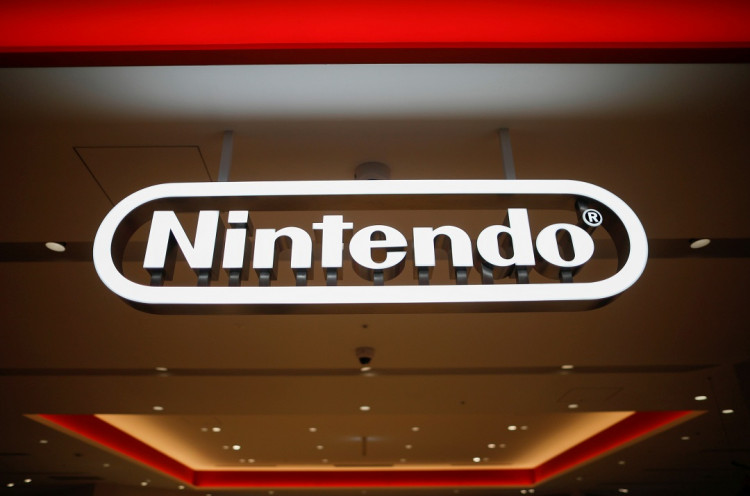Japanese video game company Nintendo is finally bringing its popular Nintendo Switch gaming console to China, just in time for the holiday season. Nintendo announced on Wednesday that it has partnered with China's Tencent to bring the gaming console to Chinese store shelves and online e-commerce platforms next week.
During the same day, Tencent announced that it will be rolling out Nintendo's popular gaming console in China on December 10. The consoles will be priced competitively at around $297, with prices varying depending on the distributor or shopping platform.
Despite having the support of China's largest video game company, Nintendo will likely still need to ramp up its marketing efforts in the country given its relatively new presence. There is also the fact that most Chinese people are more used to playing their video games on their smartphones as opposed to dedicated gaming consoles.
Unlike the United States, smartphones are the dominant gaming platform in China. Other major gaming platforms, such as Sony's Playstation console and Microsoft's Xbox console, have had a hard time penetrating the Chinese market given the preferences of most Chinese gamers.
Nintendo does have a bigger advantage when compared to its competitors given its much more family-friendly games and its roster of popular franchises such as Pokemon and Super Mario.
Reports citing sources close to the dealings have revealed that Nintendo so far only received approval to release its Super Mario games in China. Regulators are reportedly still sorting through the company's other proposed titles for release, which needs to be reviewed individually before approval.
This could be a big issue for the company as most consumers likely will not want to spend on a console with only a few games available. Approvals for overseas titles typically take longer when compared to approvals for domestic titles. This means that Nintendo will have to ensure that it has a strong line-up of games available once it does roll out its new Switch console in China.
Apart from the aforementioned challenges, Nintendo will still have to contend with the fact that the Chinese government does have an ongoing campaign to reduce the country's problematic gaming addiction. Since last year, government agencies have been trying to reduce gaming addiction amongst minors and teenagers by imposing restrictions, curfews, and strict sanctions for gaming companies that break the law.
Last year, regulators in China halted the granting of approvals for new games for nine months straight as part of its campaign to curb video game addiction. This caused several domestic video game companies to lose billions of dollars, with Tencent reporting massive losses during that time. The suspension was lifted earlier in the year, allowing companies to once again release new titles.






